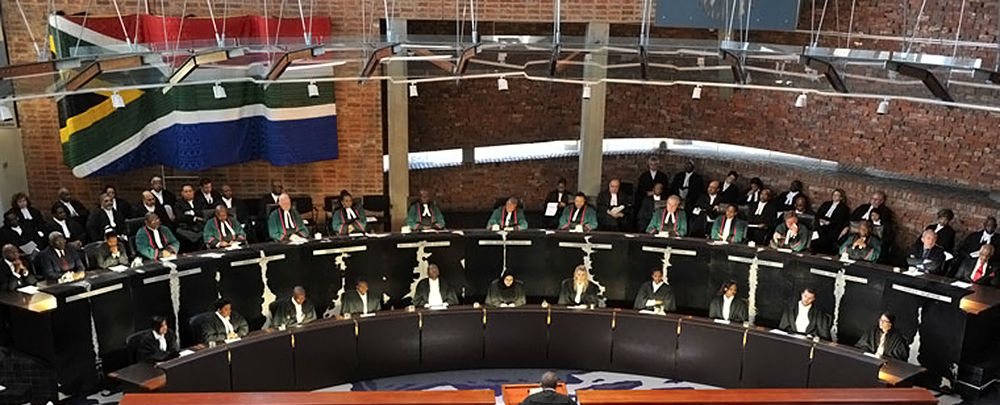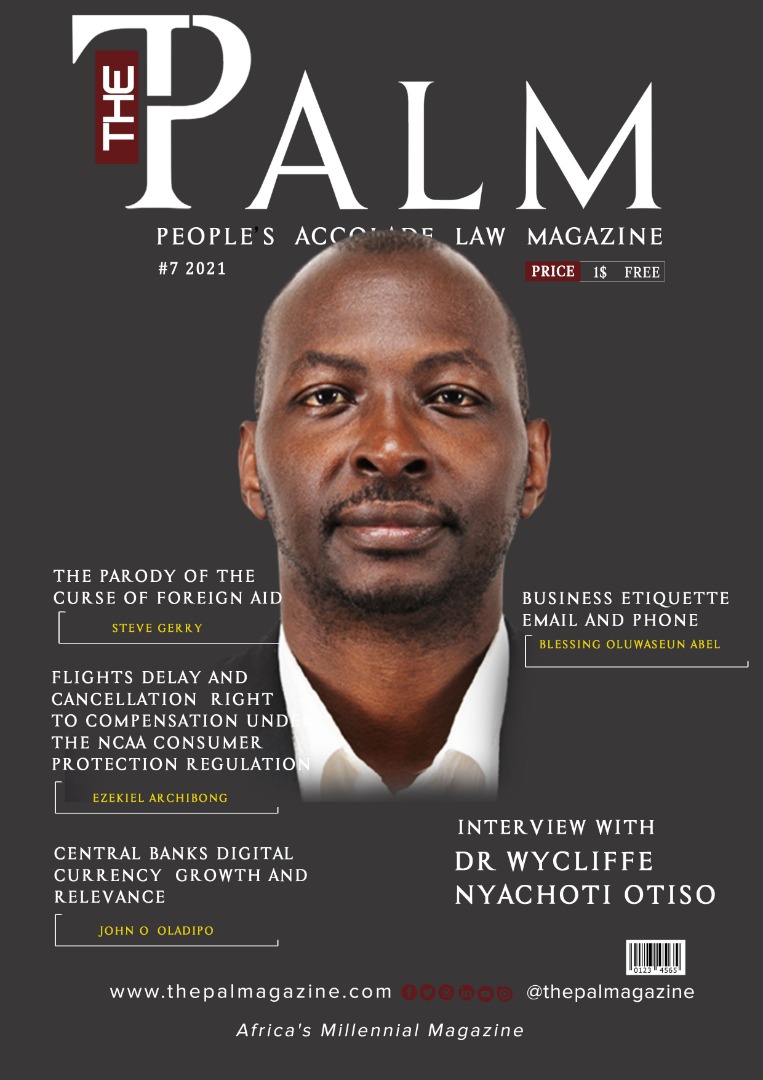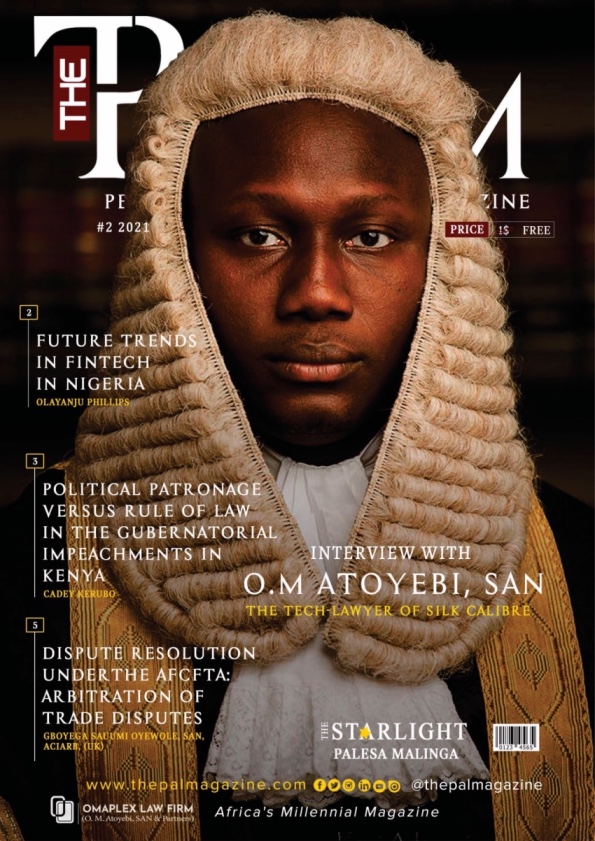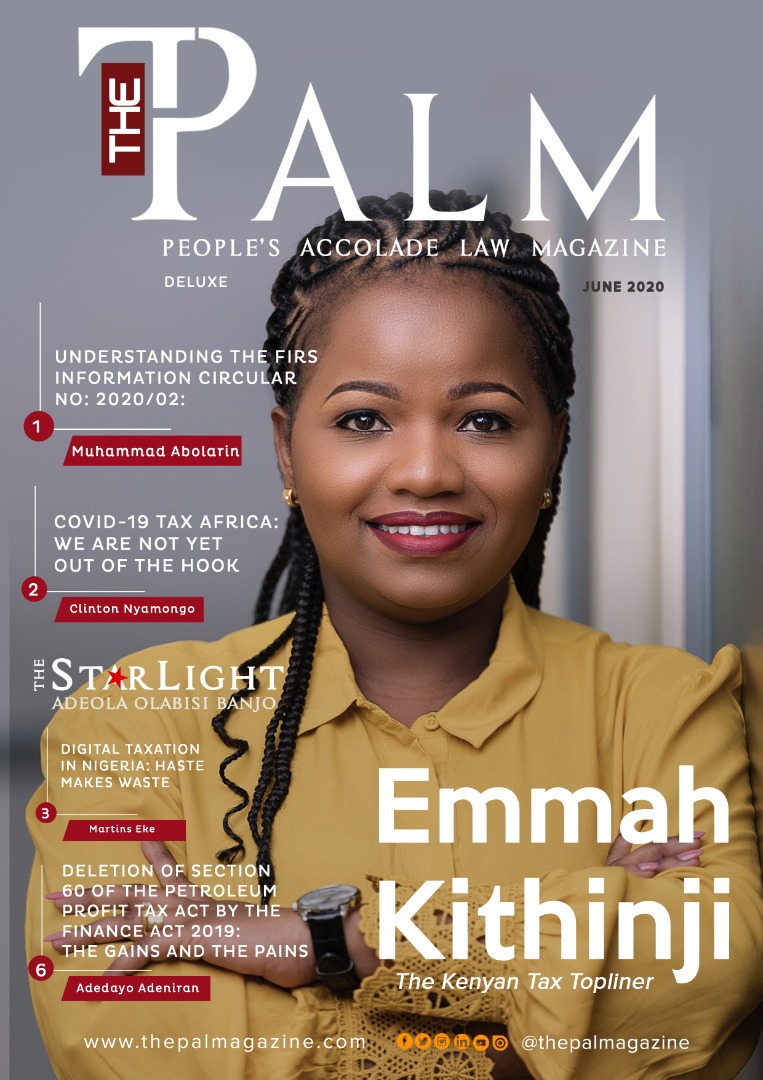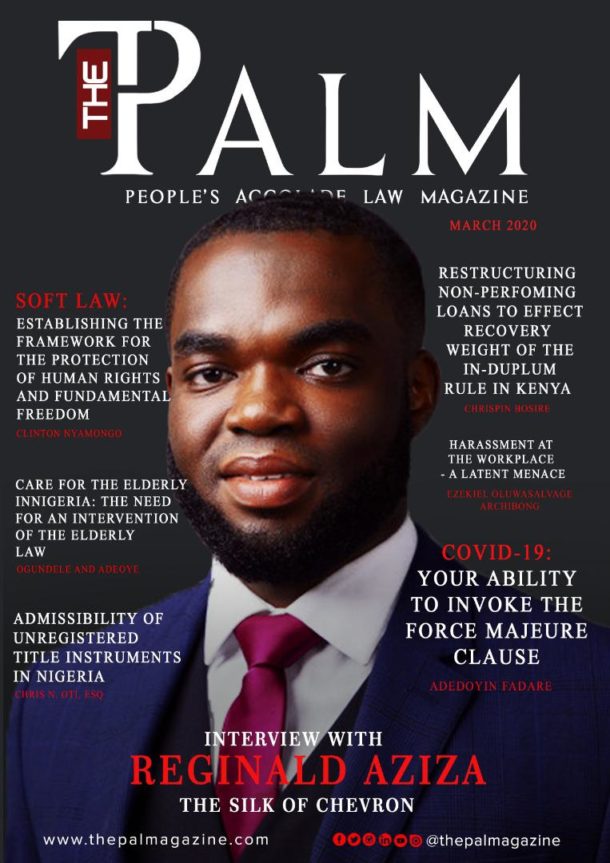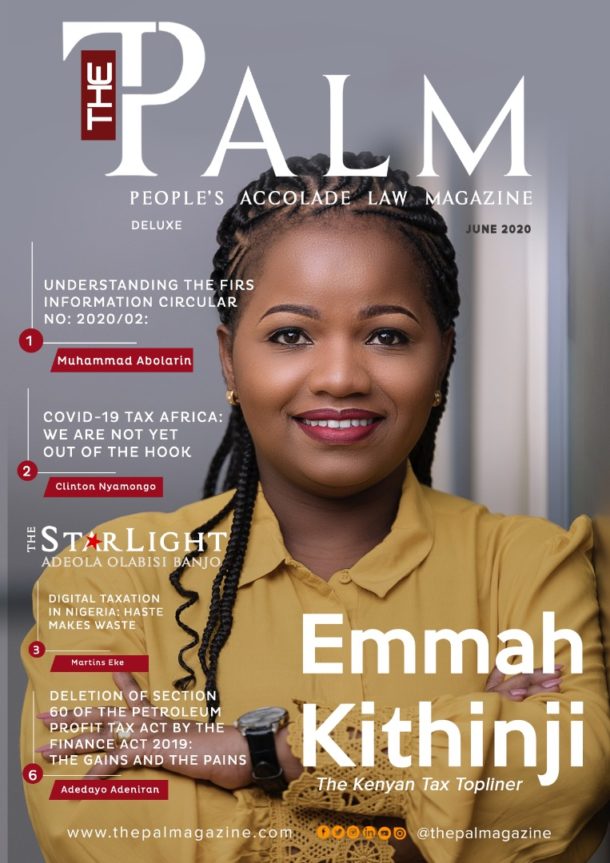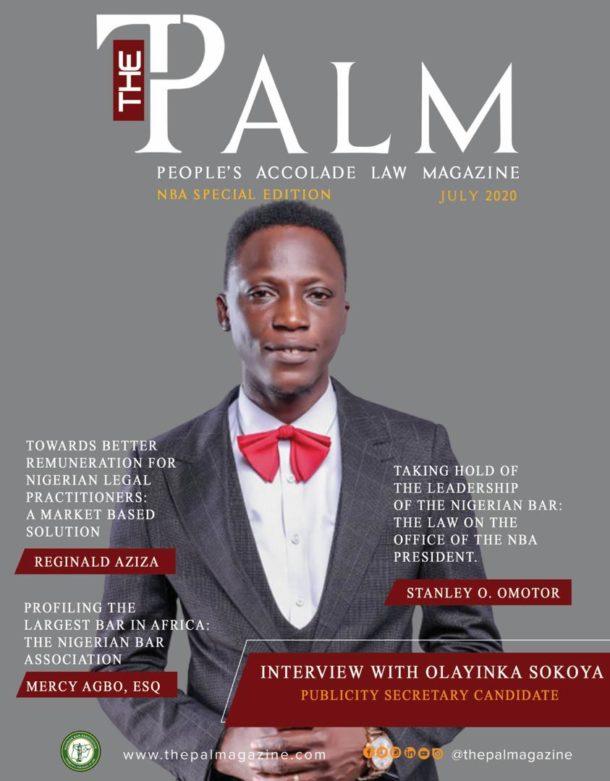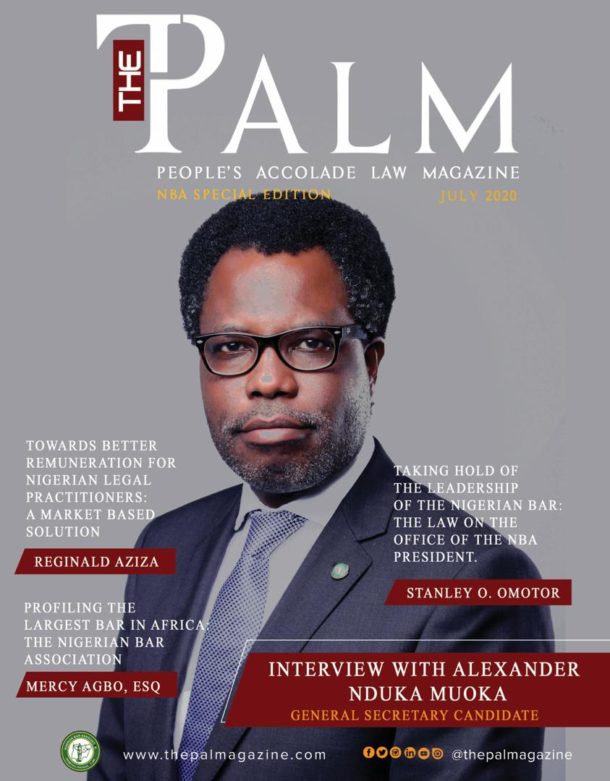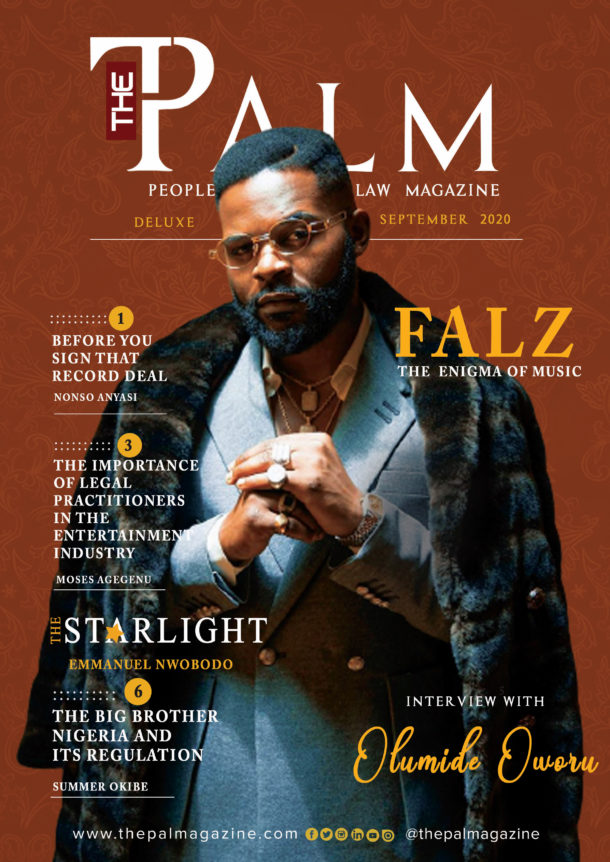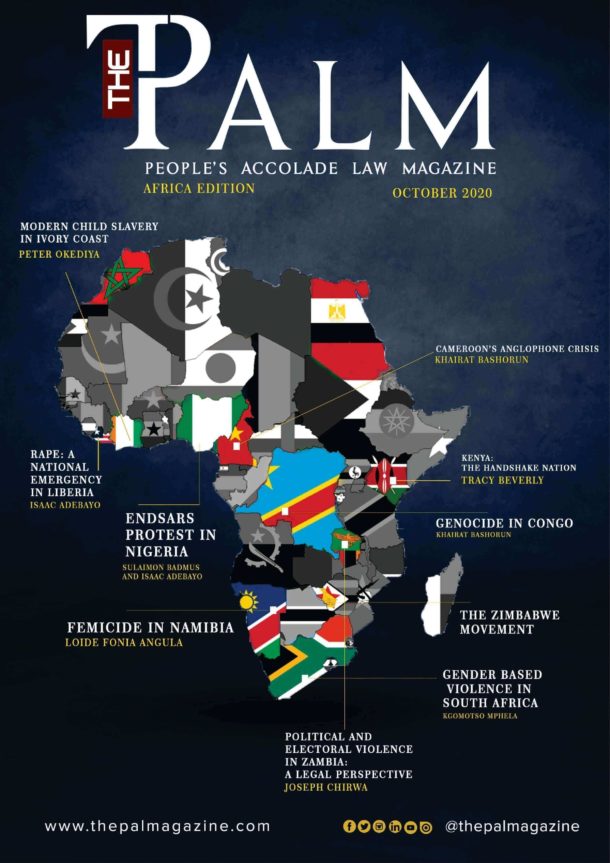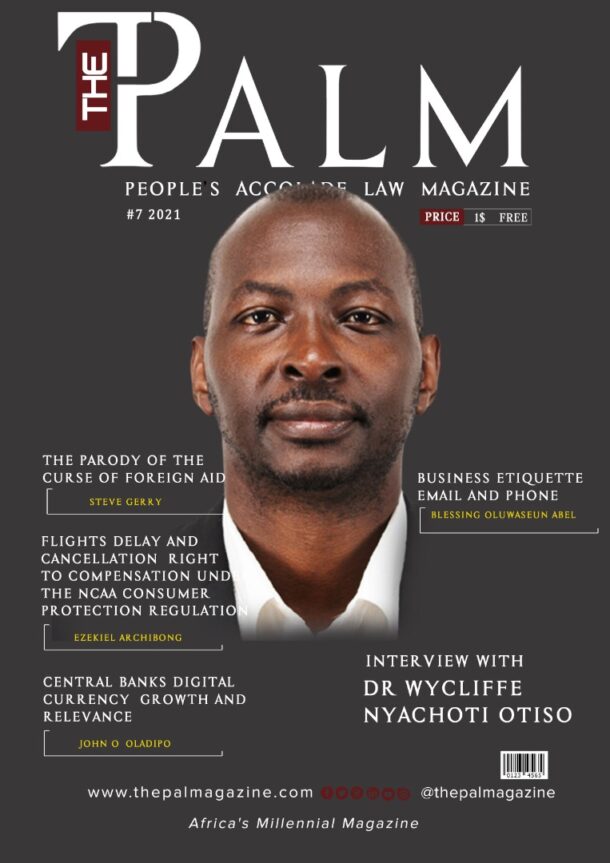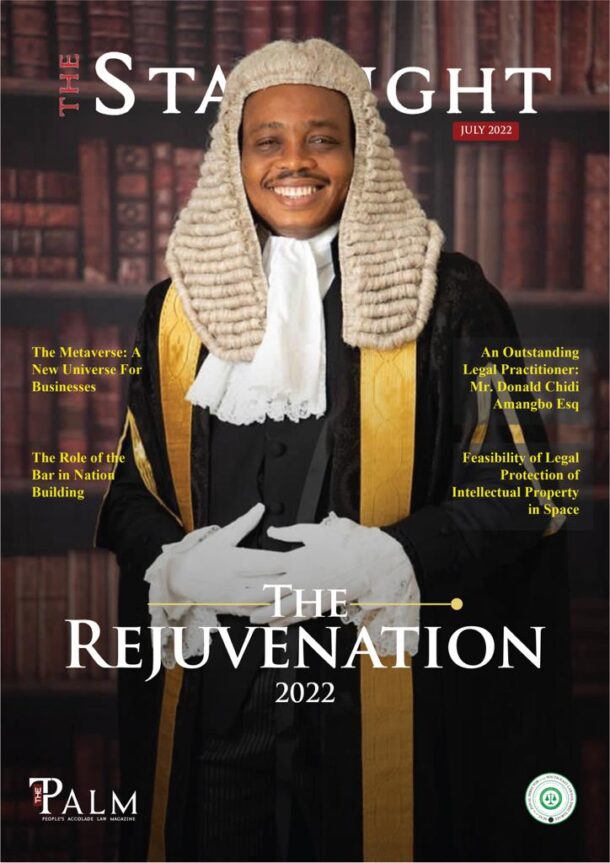PRETORIA, SOUTH AFRICA – In a landmark legal intervention that underscores the tension between personal liberty and public interest in matters of state protocol, Zambia’s Attorney General, Mulilo Kabesha, has filed an urgent application in the Gauteng Division of the High Court in Pretoria to halt the burial of former President Edgar Chagwa Lungu on foreign soil.
The application, filed in the public interest, seeks an interim interdict to prevent the late President’s family from proceeding with funeral arrangements in South Africa until Zambia’s courts resolve the question of his rightful place of interment.
According to the Attorney General, former President Lungu, as Zambia’s 6th Republican President, is entitled to a state funeral with full military honours in accordance with Zambian law, national custom, and public interest obligations.
“A state funeral is not a private affair. It is a constitutional and ceremonial obligation to the Zambian people, marking national respect for individuals of exceptional public service,” said Kabesha in his legal filing.
Among the named respondents are former First Lady Esther Nyawa Lungu, family members Bertha, Tasila, Chiyesu, and Dalitso Lungu, as well as Charles Phiri, Makebi Zulu, and Two Mountains Pty, the funeral services provider currently in possession of Dr. Lungu’s remains.
Kabesha’s legal stance is fortified by reference to Article 177(5)(c) of the Zambian Constitution, which mandates the Attorney General to act as a guardian of the public interest. He also draws on precedent from the 2021 burial of founding President Dr. Kenneth Kaunda, whose private burial wishes were overridden in favour of national protocol and interment at Embassy Park.
The court is scheduled to hear the interim interdict application at 08:00 hrs on Wednesday, 25th June 2025, in Pretoria. If granted, the interdict would suspend any burial proceedings in South Africa pending final resolution by relevant legal and governmental authorities in Zambia.
This case presents a rare intersection of constitutional law, diplomatic relations, and cultural obligations, and is expected to generate significant public and legal interest across Southern Africa.
————————————————————————————————————————————
For further updates, legal analysis, and expert commentary, stay with The People’s Accolade Law Magazine

